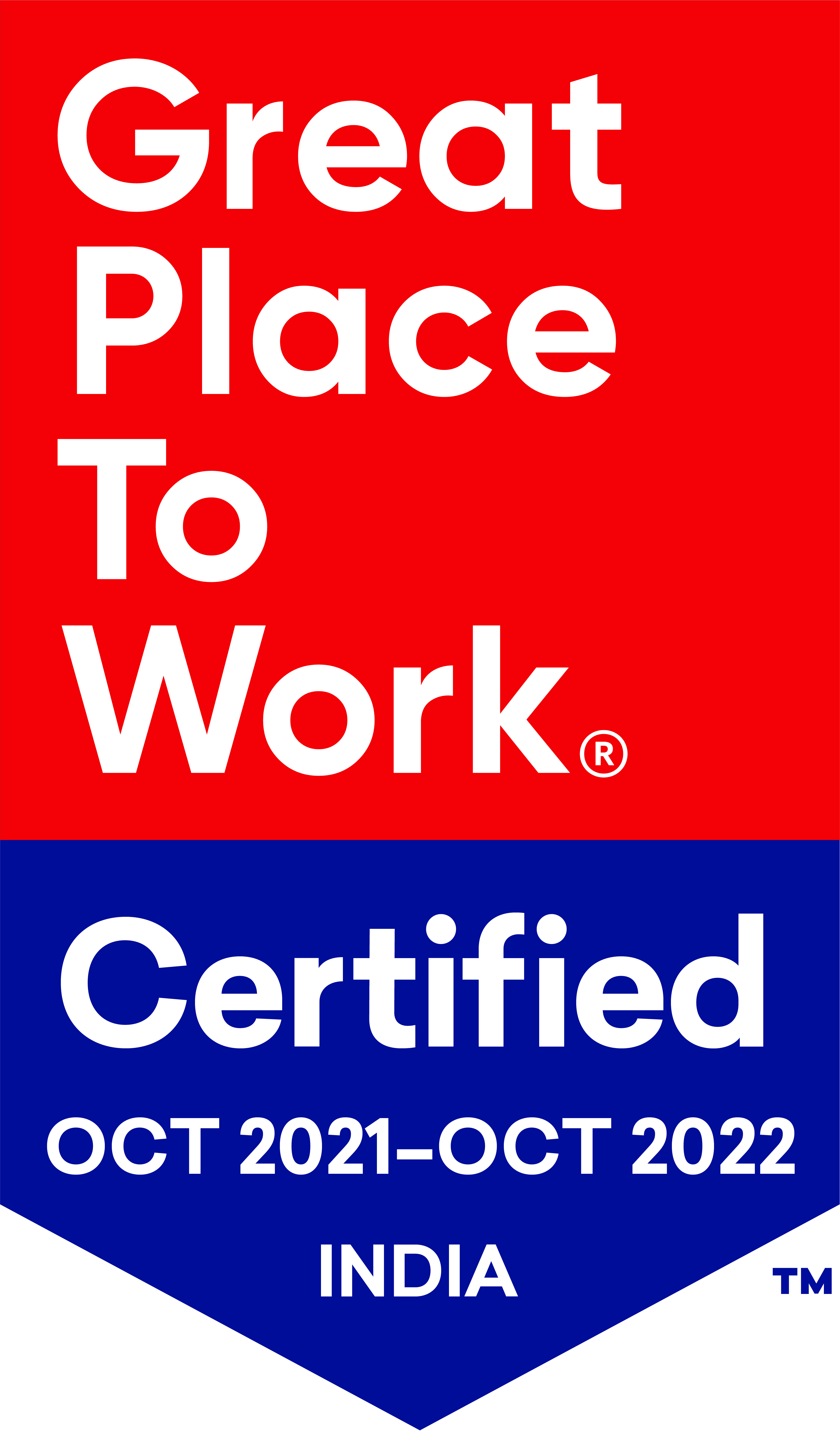Alliance India and Frontline AIDS joint partnership at the Union Conference 2020

Alliance India in partnership with Frontline AIDS actively participated and contributed in the 51st session of the Union World Conference on Lung Health (20-24 October 2020), which is the world’s largest gathering on lung disease in low-and lower-middle income populations. We had two shared objectives for the Conference— a) To reach tuberculosis/lung health scientific and civil society communities, policy makers, donors, UN agencies with our key concerns and recommendations concerning TB/HIV-coinfection and COVID-19, particularly value of community-led responses and harmful influence of punitive policies. b) Profile our models as best practice community-led responses to addressing TB/HIV-coinfection and COVID-19, particularly among the key populations & communities that we work with.
Ashim Chowla, Chief Executive, Alliance India spoke in the community connect session titled ‘Start, Stop and Continue: what needs to change so that communities are better supported to lead the charge on TB and co-morbidities in the time of COVID-19.’ He reflected on the experiences from India how community systems are maintaining active case-finding, contact tracing as well as prevention amid the COVID-19 response via community systems. He also reflected on the key achievements and challenges faced in the comm. He described why the impact of COVID-19 is most significant on key and most marginalised populations, such as people who use drugs and transgender communities. He reiterated why partnering with communities is very essential when we are working with people who use drugs and transgender people.
For the community connect session of the conference, Alliance India also presented a pre-recorded session titled ‘Catalyzing community response through social media for health emergencies’ in which various community voices shared their views on how our key populations recognized that social media has the potential to improve all component efforts before, during, and after public health emergency, including disseminating, sharing, communicating, and gathering information on emergency plans, and establishing and participating in public health response.
Alliance India also actively promoted key information about the Union Conference on its various social media platforms and urged governments, donors and UN agencies to recognise the essential work that communities on the frontline of the HIV and TB responses are doing to tackle COVID-19 as well as TB and HIV co-infection and to focus on providing community organisations with the financial resources, technical support and equipment they need to adapt to COVID-19, instead of starting brand new programmes using parallel structures.
Dr Rita Prasad, Director of Programmes, Alliance India will be speaking in the Union workshop (to be held on 2 November 2020) on ‘Accelerating progress to End Tuberculosis: integration between Tuberculosis, HIV and other services addressing comorbidities; and strengthening the accountability mechanisms’. She will be talking on accountability via community score card in India which is a work in progress. The Score card for HIV & TB affected communities was developed within CDC- PEPFAR supported ‘Nirantar’ programme of Alliance India whose goal is to bring out an increase in screening and identification of new cases, treatment enrolment and increase in adherence to treatment for people living with HIV & TB. She will discuss how an accurately done community score card exercise provides communities with an opportunity to analyse HIV and TB services and ensures accountability in health service delivery. This kind of exercise brings together the demand side (service user) and the supply side (service provider) of the TB programme in a common collaboration to jointly address underlying issues and find a shared way of addressing them; thus sustainably improving the quality of services. Since the community score card is a systemic approach, its result will provide evidence to programme managers to take appropriate decisions to ensure quality and increase in service uptake.
– Written by Anurag Paul, Communications Associate, Alliance India
Other Recent Articles
- The COVID-19 pandemic through a transgender person’s lens 20 May, 2021
- The first-ever National Transgender Summit reaffirmed the rights of the transgender community 16 April, 2021
- Our Reflection on World Health Day 2021 7 April, 2021
- Vihaan Care and Support Programme Review Meeting 6 April, 2021
- Never too late to save one more life 25 March, 2021
- Ensuring ART adherence among the discordant couple 12 January, 2021
- Providing counselling and support to decrease loss-to-follow-up among PLHIV receiving ART 29 December, 2020
- Human Rights & Faith for People Who Use Drugs in Times of Pandemic 21 December, 2020
- Walking the talk: Making services community-led in India’s HIV response 21 December, 2020
- Press Release: The Launch of Faith For Harm Reduction Manual 19 December, 2020
- Made by Nicdark - Copyright 2020
- donations@ong.com
- volunteers@ong.com
- contact@ong.com
India HIV/AIDS Alliance
A not-for-profit Section 8 Company with Registration No: U85310DL1999NPL098570
Contact
-
6, Community Centre
Zamrudpur Kailash Colony Extension
New Delhi – 110048 - +91-11-4536-7700
Download
Quick links
©2021 All Rights Reserved by Alliance India




Leave a Reply